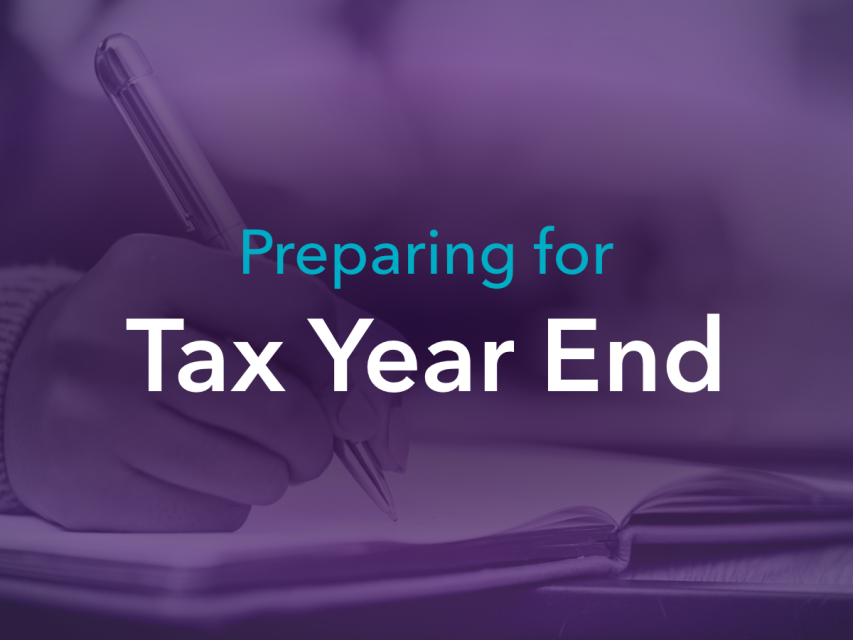When should you update your Will in retirement?
Writing a Will is one of the most important things you can do to protect your loved ones and help your wishes be followed after you’re gone.
Findings from the National Wills Report 2024 showed that 47% of over 55s have not updated their Wills. Meanwhile, the biggest reason found (42% of respondents) for making a Will was to determine who to leave their assets to.
In this article we’ll look at the key times to revisit your Will during retirement — and what to do if it no longer reflects your current situation.
Why updating your Will matters in retirement
You may access pension pots, downsize your home, release equity, or receive an inheritance. All of these could affect what you’re leaving behind — and how you want to distribute it.
Retirement is also often when family life changes most: children marry or divorce, grandchildren are born, while sadly, loved ones may pass. You might want to add or remove beneficiaries, or rethink how your estate is shared.
An up-to-date Will means your wishes are clear, legally valid, and easy to follow. That can reduce the emotional and financial stress on your loved ones at a difficult time and help avoid unnecessary delays or disputes during probate.
Key times to review your Will
Updated tax laws or legal rules
UK Inheritance Tax laws, pension rules, and estate planning regulations can change over time. Shifts in thresholds, such as the nil-rate band or residence nil-rate band, may affect how much tax your estate could owe.
Similarly, rules around pension death benefits are evolving and may require your Will to be updated for clarity and compliance. Staying informed and making adjustments can help avoid unnecessary tax burdens or legal complications for your beneficiaries. It is important, however, not to make updates to a Will anticipating change before such changes in rules and regulation are implemented.
Changes in assets or property
Your financial situation may change in retirement, sometimes significantly. You might sell your main residence and downsize, receive a lump sum from a pension or inheritance, or invest in new property, such as a second home. These changes can affect how you want your estate to be distributed, and failing to reflect them in your Will may lead to confusion or disputes.
Evolving family circumstances
Family dynamics often evolve during retirement, and these changes can have a significant impact on your Will. For instance, if a spouse, child, or named beneficiary passes away, it’s crucial to update your Will to reflect that loss.
Similarly, the birth of grandchildren may prompt you to include them in your estate plans. On the other hand, if relationships break down or you become estranged from a family member, you may wish to change how (or whether) they are included in your Will. Life events like your children getting married or divorced can also influence your decisions, especially if you’re concerned about protecting family wealth.
When a Will is revoked
There are some scenarios that will automatically revoke your Will. For example, a Will created before you marry will be invalidated upon marriage, or you make another Will with a revocation clause.
Changes in your wishes
Sometimes, the most important reason to update your Will is simply that your preferences have changed. You may have had a change of heart about how you want your estate divided, wish to include a charitable gift, or decide to set up a trust to support vulnerable beneficiaries or young grandchildren. Retirement is often a time of reflection and re-evaluation – updating your Will ensures it still reflects your values and intentions.
Even if your feel your Will was perfectly drafted when you first created it, life doesn’t stand still – especially in retirement. To ensure your wishes are followed and your loved ones are protected, it’s important to review and update your Will whenever major changes occur.
How to update your Will
Start by listing all your assets, including property, savings, investments, and personal possessions.
Your Will should set out:
- Who you want to benefit from your Will
- Who should look after any children under 18
- Who is going to sort out your estate and carry out your wishes after your death (your executor)
- What happens if the people you want to benefit die before you
You can also include a charity in your Will.
The conditions under which a Will is valid can be complex and it is recommended you seek advice from a professional if your Will is not straightforward, for example, if you share a property with someone who is not your husband, wife or civil partner, or if you have property overseas. Even if your wishes are simple, speaking to an expert can help you avoid a mistake that could invalidate your Will.
You need to get your Will formally witnessed and signed to make it legally valid.
You will also need to be 18 or over, be of sound mind and make it both voluntarily and in writing.
Other plans worth reviewing
- Lasting Power of Attorney (LPA)– This legal document lets you appoint one or more people (known as ‘attorneys’) to help you make decisions or to make decisions on your behalf. There are 2 types of LPA – health and welfare and property and financial affairs.
- Pension beneficiary nominations– You can ensure your financial assets and personal belongings are all set to go to your beneficiaries once you pass. Pensions usually sit outside of your estate, however, the rules around IHT and pensions is set to change from April 2027.
- Trusts – They can be useful for protecting assets, supporting vulnerable beneficiaries, reducing Inheritance Tax, or controlling how and when your estate is distributed. Trusts and their interaction with tax law can be complex, so always seek advice when considering setting up a trust.
Final thoughts
Updating your Will during retirement isn’t just about reflecting your wishes — it’s a smart financial move. Regular reviews help you keep up with legal and financial changes, avoid unintended tax consequences, and pass on more of your wealth in the most efficient way possible.
The Financial Conduct Authority do not regulate Will Writing, Tax Advice and Estate Planning.
This article is for general information only and does not constitute financial advice.
Tax is subject to an individual’s personal circumstances and tax rules can change at any time.
Pension eligibility and tax rules apply.
True Potential Wealth Management is authorised and regulated by the Financial Conduct Authority. FRN 529810. Registered in England and Wales as a Limited Liability Partnership No. OC356611.
True Potential Investments LLP is authorised and regulated by the Financial Conduct Authority. FRN 527444. Registered in England and Wales as a Limited Liability Partnership No. OC356027.
True Potential LLP is registered in England and Wales as a Limited Liability Partnership No. OC380771.





